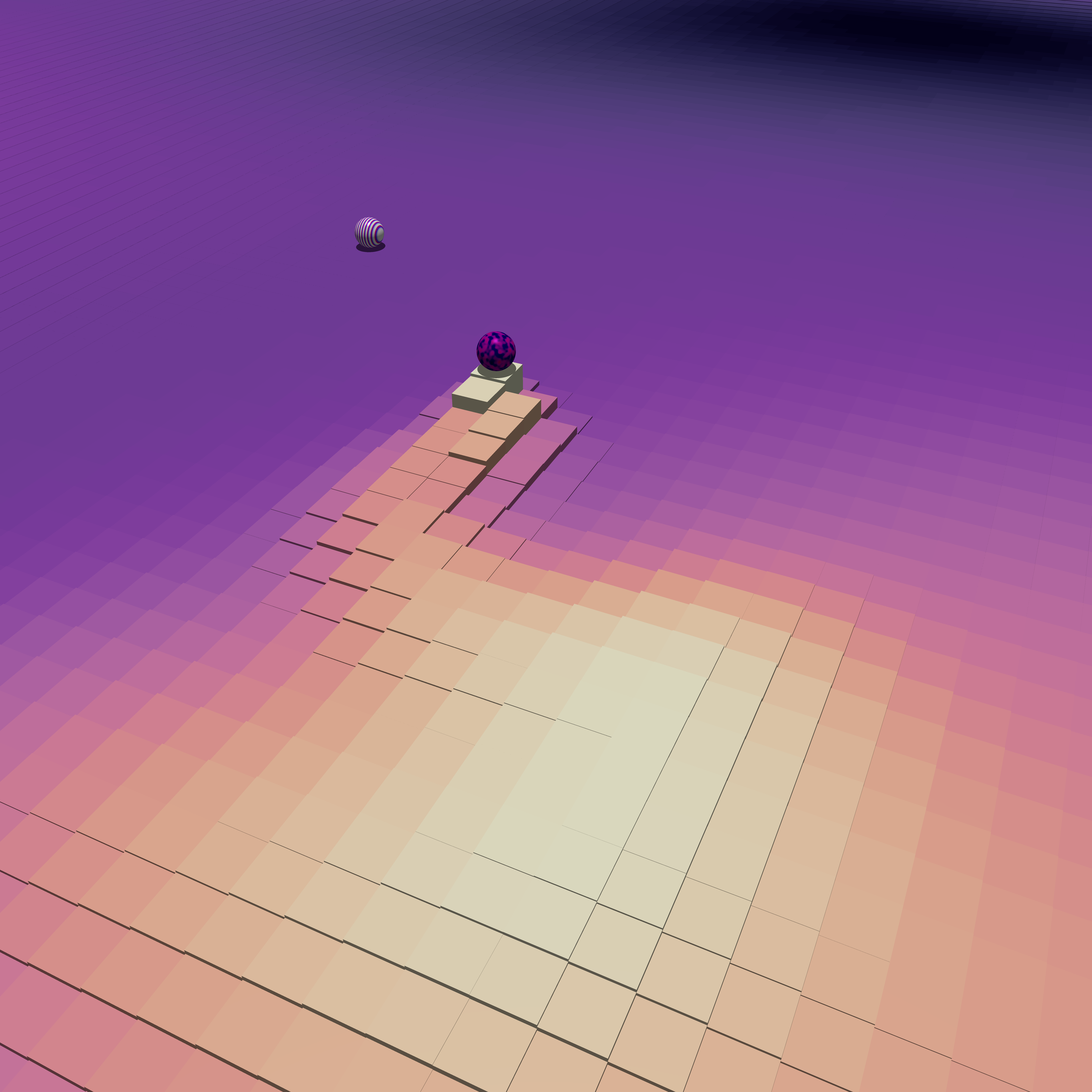AG — Prof. Heiko Rieger — Statistical Physics
Optimal non-Markovian search strategies with n-step memory
Matthieu Mangeat, Heiko Rieger

Stochastic search processes are ubiquitous in nature and are expected to become more efficient when equipped with a memory, where the searcher has been before. A natural realization of a search process with long-lasting memory is a migrating cell that is repelled from the diffusive chemotactic signal that it secretes on its way, denoted as an autochemotactic searcher. To analyze the efficiency of this class of non Markovian search processes, we present a general formalism that allows one to compute the mean first passage time (MFPT) for a given set of conditional transition probabilities for non-Markovian random walks on a lattice. We show that the optimal choice of the n-step transition probabilities decreases the MFPT systematically and substantially with an increasing number of steps. It turns out that the optimal search strategies can be reduced to simple cycles defined by a small parameter set and that mirrorasymmetric walks are more efficient. For the autochemotactic searcher, we show that an optimal coupling between the searcher and the chemical reduces the MFPT to 1/3 of the one for a Markovian random walk.
Legal notice (Impressum) Privacy policy



